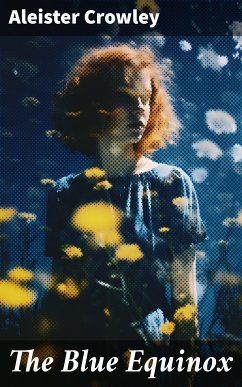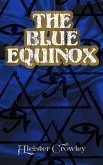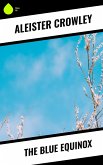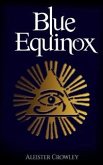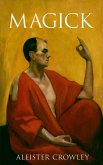In "The Blue Equinox," Aleister Crowley presents a profound exploration of ceremonial magic and the esoteric teachings of Thelema, intricately weaving together his experiences and philosophical insights. This seminal text, rich with personal reflections and detailed instructions, serves as both a guide for practitioners of the occult and a manifesto for the esoteric society, the A'à¥A'à¥. Crowley'Äôs distinctive literary style, marked by eloquence and complexity, reflects the influence of Victorian and Edwardian occult literature, while also asserting his groundbreaking approach to spirituality and self-realization. Aleister Crowley, often dubbed the "Wickedest Man in the World," was a controversial figure whose life was steeped in mysticism, travel, and the pursuit of spiritual enlightenment. His experiences as a mountaineer, poet, and ceremonial magician deeply informed the writing of "The Blue Equinox." Crowley'Äôs foundational role in the early 20th-century occult revival, along with his commitment to individual will and enlightenment, propels the text into a pivotal position within the Western esoteric tradition. For those intrigued by the mystical realms of human experience, "The Blue Equinox" is a must-read. It not only serves as a technical manual for aspiring magicians but also challenges readers to confront their understanding of spirituality and personal power. Delve into this enigmatic work, and unlock the profound secrets of Thelema that await within its pages.
Dieser Download kann aus rechtlichen Gründen nur mit Rechnungsadresse in A, B, BG, CY, CZ, D, DK, EW, FIN, F, GR, H, IRL, I, LT, L, LR, M, NL, PL, P, R, S, SLO, SK ausgeliefert werden.

